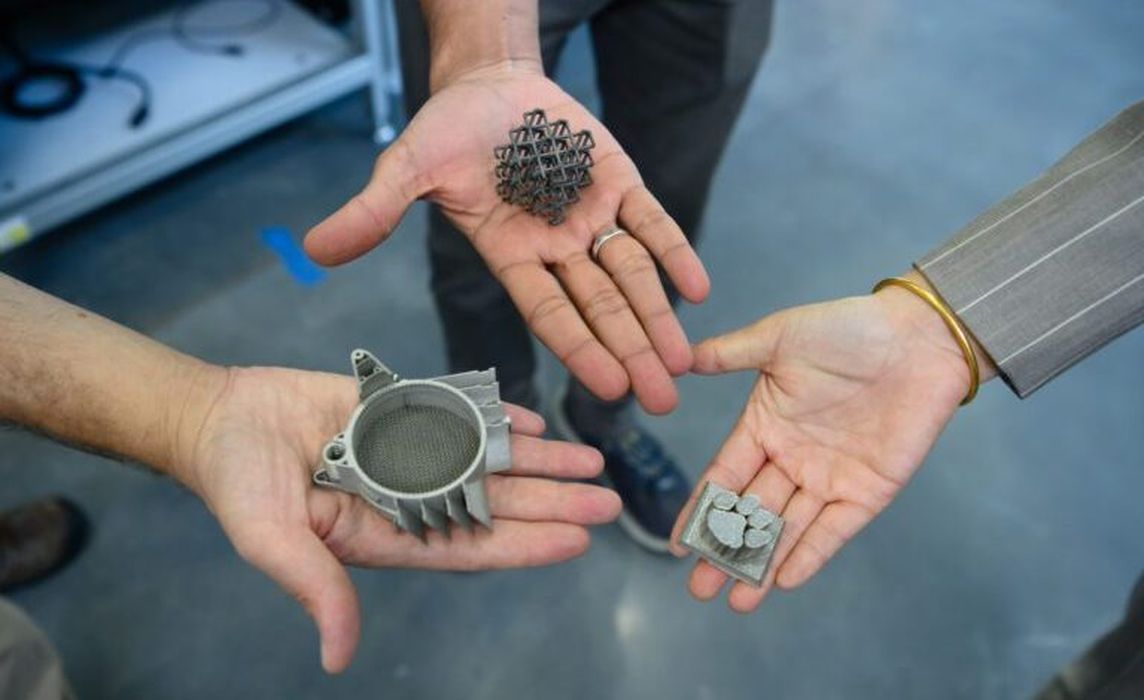
The assistant professor of automotive engineering from Clemson University uses computer simulations and real-world tests to shape the future of metal manufacturing.
Clemson University’s Shunyu Liu’s work at the intersection of materials science and automotive engineering is helping advance additive manufacturing and could help turbocharge the US manufacturing sector, according to the university.
As an assistant professor of automotive engineering, Liu and her team aim to make metal parts stronger, and without flaws. By using computer simulations and real-world tests, Liu is shaping the future of how industries manufacture and use metal parts while molding the next generation of manufacturing leadership.
“Additive manufacturing is a disruptive technology – a game changer,” said Shunyu Liu. “We know there are limitations. That’s why we are here – to push the boundaries of this technology. Hybrid additive manufacturing is the next stage.”
Som Dixit, a third-year Ph.D. student, is helping Liu push the boundaries of manufacturing technology. In a new project, they are developing what the team is calling HI-RAM, an acronym for ‘hybrid in-situ rolled additive manufacturing’. HI-RAM builds objects layer by layer, like other types of 3D printing, but uses synchronous hot rolling during the printing of each track and layer. It makes the final metal piece tougher, stronger, and more suitable for structural applications.
“With HI-RAM, we’re working to craft high-performance structural parts that can transform how industries view 3D printed metal components,” said Liu, also mentioning that the two cornerstones of the South Carolina economy, the automotive and aerospace industries, are among the sectors that would stand to benefit. “This innovation has strong potential to firmly position the United States at the forefront of global manufacturing.”
Liu’s group is conducting its research with funding from a National Science Foundation CAREER award. As part of the grant, Liu is collaborating with colleges, high schools, local manufacturers, and manufacturing organizations to offer professional HI-RAM training to motivate and prepare a high-quality manufacturing workforce.
Read the rest of this story at VoxelMatters
